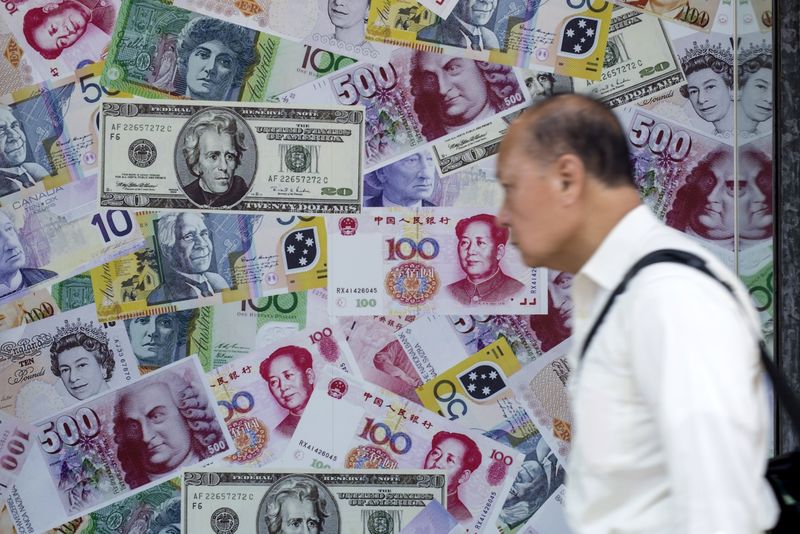(Bloomberg) -- Japan’s economy is less likely to suffer a painful whiplash from a sales tax increase scheduled for October, early sales figures for autos and apartments suggest.
Demand for cars and houses hasn’t picked up noticeably in the run up to the 2 percentage point tax bump so far, indicating that purchases are less likely to plunge afterwards. During the previous hike in 2014, the economy contracted after consumer spending surged ahead of the increase and plunged afterwards.
Avoiding an economic shock from the tax increase is a top priority for Prime Minister Shinzo Abe as he tries to keep a vulnerable economy expanding despite smoldering trade tensions between the U.S. and China, a slump in global tech demand and deteriorating sentiment at home. To that end, the government has announced a range of measures to offset the economic effects of the hike.
Vehicle sales fell 0.9% in June from a year earlier, four months ahead of the tax hike, according to the Japan Automobile Dealers Association. That compares with seven straight double-digit jumps in the months before the 2014 increase.
The number of condominiums sold in Tokyo also fell 14% in May from a year ago, a fourth consecutive monthly drop, according to Real Estate Economic Institute Co. There’s little sign of rush demand this time, partly because of the government measures, said Tadashi Matsuda, a researcher at the institute.
What Our Economists Say
"In 2014, front loaded demand was mostly shown in household consumption and residential investment, but it appears to be muted this time due to the government’s policy to smooth spending and a lack of pent-up demand."
Yuki Masujima, Japan economist
Cars and houses are the main big ticket items that are likely to attract early rush demand in the months before a sales tax hike in Japan. Sales of smaller items, such as TVs, refrigerators and other electrical appliances, didn’t surge until the final few weeks before the 2014 increase.
Consumption holds the key to Japan’s economic health with the outlook for exports highly uncertain. While Abe’s administration underestimated the economic impact of the last tax increase, the prime minister has vowed to press ahead with the tax hike this time, after two postponements, as he tries to ease the nation’s ballooning debt burden. Abe, facing a national election this weekend, said he doesn’t see a need to raise the tax again over the next decade.
Why Japan Is Risking a Tax Hike in a Slow Economy: QuickTake
The government’s counter-measures include tax breaks on car purchases and homes after the higher tax rate comes into effect, and rebates for those making cashless payments to help prop up spending. The latest increase is also smaller than the 3 percentage point hike in 2014 and won’t apply to essential items such as food.
To be sure, it’s still too early to gauge the full scale of rush demand. Hideo Kumano, chief economist at Dai-Ichi Life Research Institute, estimates demand worth 50.9 trillion yen is potentially subject to front-loaded purchases. Housing and auto sales comprise roughly half of this amount, while the smaller items, like domestic appliances, furniture and cosmetics, make up the rest.
The economy is also in a more vulnerable position than it was five years ago. So even without a jump in sales ahead of the tax increase, gloomier households might still react negatively to the squeezing of their budgets.
Consumer sentiment is already deteriorating, according to Cabinet Office figures. Households’ appetite for durable goods purchases has slipped to the lowest level since April 2014, the month the tax rate went up last time, signaling that shoppers may not flock to electronic stores this time round.
For Harumi Taguchi, Tokyo-based principal economist at IHS Markit, the deteriorating sentiment shows that consumer confidence is fragile and the economy lacks strength. “I’m concerned that a recovery may be slow to come if the economy weakens and people feel more uneasy,” Taguchi said.
